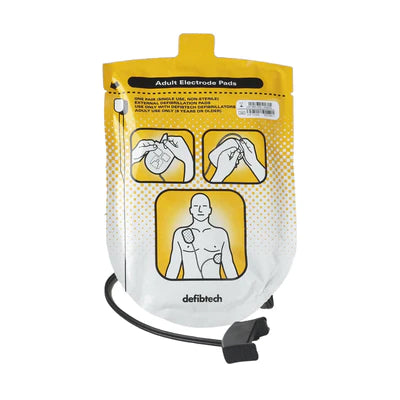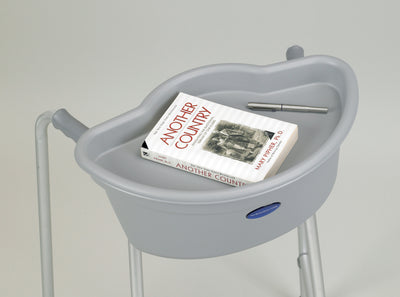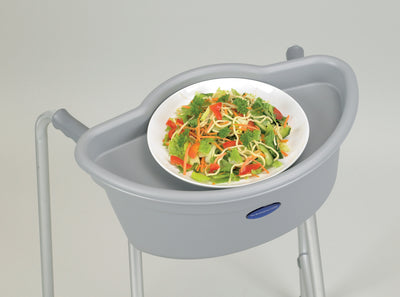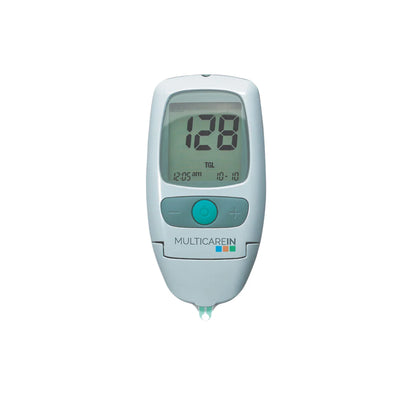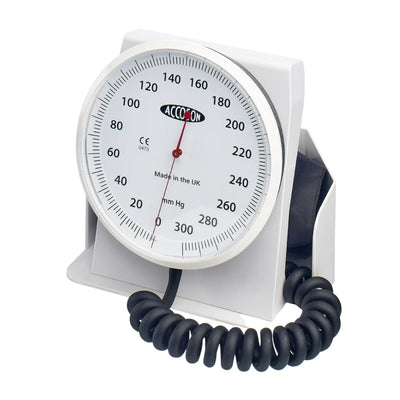Cortisol, better known as the stress hormone, is released by the adrenal glands when we find ourselves in stressful or frightening situations. It triggers the ‘fight or flight’ system and is an incredibly useful & natural response that helps to keep us safe.
However, when cortisol levels are too high for too long, the excess presence of this hormone can begin to cause us harm itself.
Over time, too much cortisol can lead to an array of health issues such as weight gain, high blood pressure, diabetes, heart disease, insomnia or difficulty sleeping, mood irregularities, and low energy levels.
Finding natural ways to reduce cortisol can help to keep our health in check.
What Happens when Cortisol is High
Elevated cortisol levels can cause a number of serious health issues including:
- Chronic diseases like high blood pressure, heart disease, type 2 diabetes and osteoporosis
- Increased appetite and weight gain as cortisol signals the body to shift metabolism to store fat (as in times of famine)
- Lack of energy, difficulty sleeping, lack of concentration - high levels of cortisol work to keep us in a hyper alert state
- Impaired immune system. Increased cortisol can hamper the immune system, making it more difficult to fight infections.
- Cushing’s syndrome, which is rare but serious if not treated.
Our bodies are not designed to be in a constant state of high alert, or fight or flight. Although, for most of us, the life-threatening dangers that our cave-dwelling ancestors faced are no longer a concern, the stresses of modern life can stimulate cortisol production and many of us can find ourselves living with a stressed body and system.
Thankfully there are ways to reduce your cortisol levels without resorting to medication.
Prioritise your Sleep
Practicing good sleep hygiene can help to keep cortisol in a normal rhythm. Keeping a consistent sleep schedule, avoiding caffeine 6 hours before bed, and avoiding TV and screens right before bed are effective strategies.
Get used to a good sleep routine that works for you.
Be strict about keeping a regular bed time.
Create a restful environment and make your bed as comfortable as possible with a good pillow, mattress, duvet and perhaps a warm electric blanket for the colder months.
Try some light massage, meditation or breathing to relax the body and mind before bed.
Sleep is, for good reason, one of the most powerful 'drugs' we can use for good health and wellbeing so we should be very serious about prioritising it on a daily basis.
Exercise - but don’t overdo it
Regular exercise is known to help manage stress, anxiety and to promote healthy bodies and minds. Exercise is also a fantastic diluter of cortisol levels.
But, during intense exercise (as with when our cave-dwelling ancestors were running away from predators) our cortisol levels increase. Extra cortisol is very handy when exercising as it helps the body to coordinate and focus on the demanding task in hand. Cortisol levels will reduce shortly after the intense burst of exercise is over.
But, during intense exercise (as with when our cave-dwelling ancestors were running away from predators) our cortisol levels increase. Extra cortisol is very handy when exercising as it helps the body to coordinate and focus on the demanding task in hand. Cortisol levels will reduce shortly after the intense burst of exercise is over.
However, if we are overdoing intense exercise our body will have fewer chances to return to ‘relaxed’ mode and will remain in a state of high alert with higher levels of cortisol running around the system.
So, follow the guidelines for an active life and aim for around 150-200 minutes of low to moderate intensity exercise each week and be sure to let your body relax and recover between sessions.
Eat a Healthy, Nutritious Diet
It’s less well known that some, less healthy foods can elevate our anxiety and cortisol levels. Highly sugared and processed foods can have a negative effect on cortisol levels. So if you’re living on an unhealthy diet, you might well be living in a constant state of increased anxiety and over-alertness as a result.
fill your plate with gut-friendly, nutrient-dense whole foods like fruits, vegetables/legumes, whole grains/lentils and good fats to keep your cortisol levels in check. Green tea has a calming compound which has been linked to stress reduction and, thankfully, dark chocolate is great for levelling the adrenal glands and reducing cortisol release - so you can enjoy treats, in moderation too!
If you’re looking for a natural way to reduce your cortisol levels and overall stress, be sure to try the simple lifestyle tips above.
Need more help? We're always here to help so get in touch today.
For all your Medical and Homecare supplies give us a call at Mediworld.
We have over 40 years experience in medical, surgical, mobility and home health supplies and we're always on hand to chat if you need support or advice and don't forget to read our other great health blogs!
March 2023


